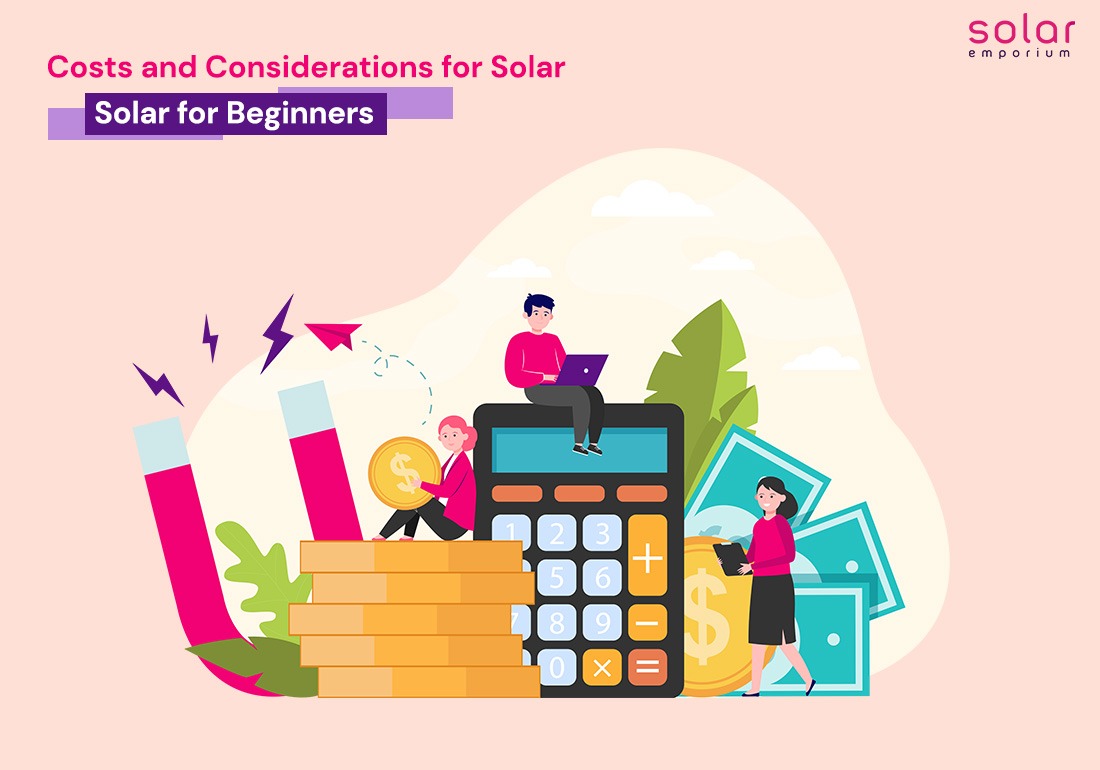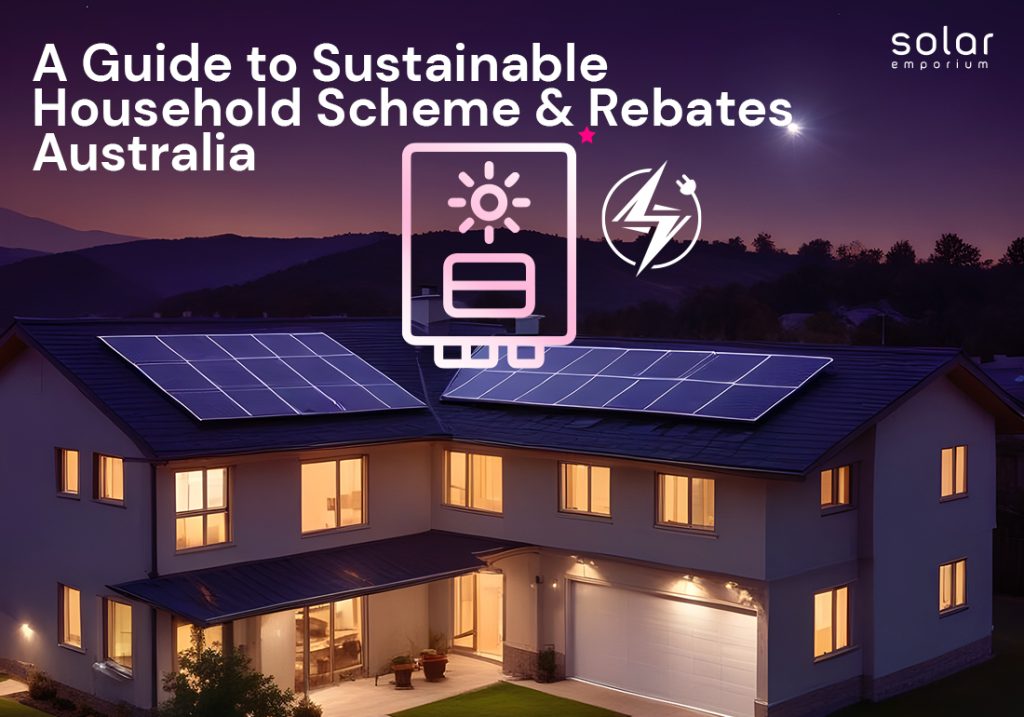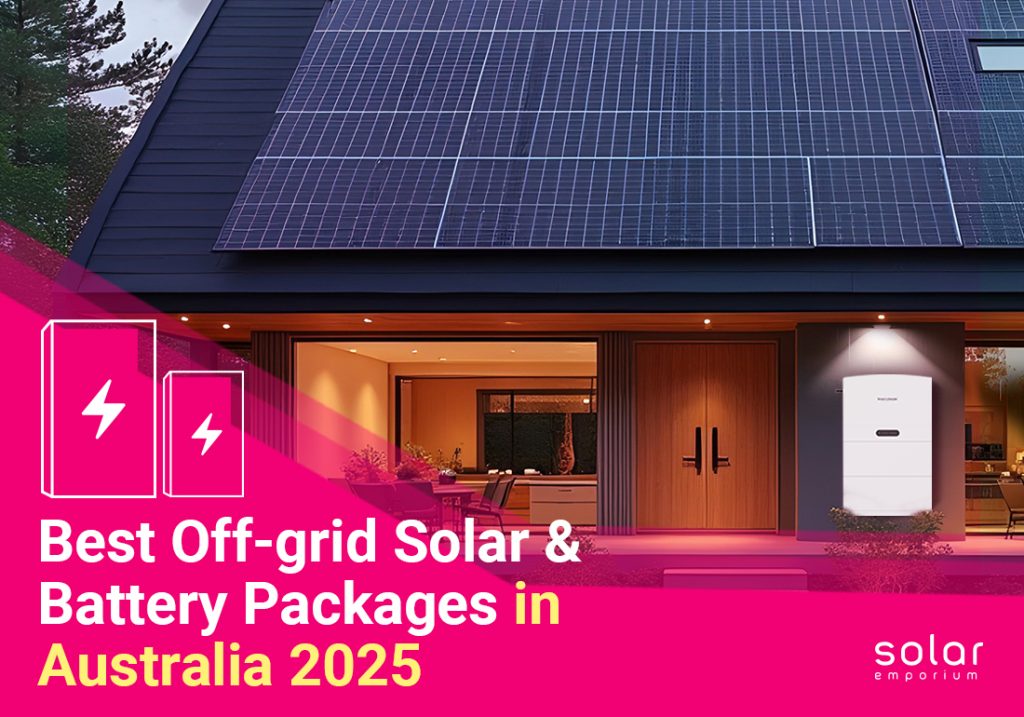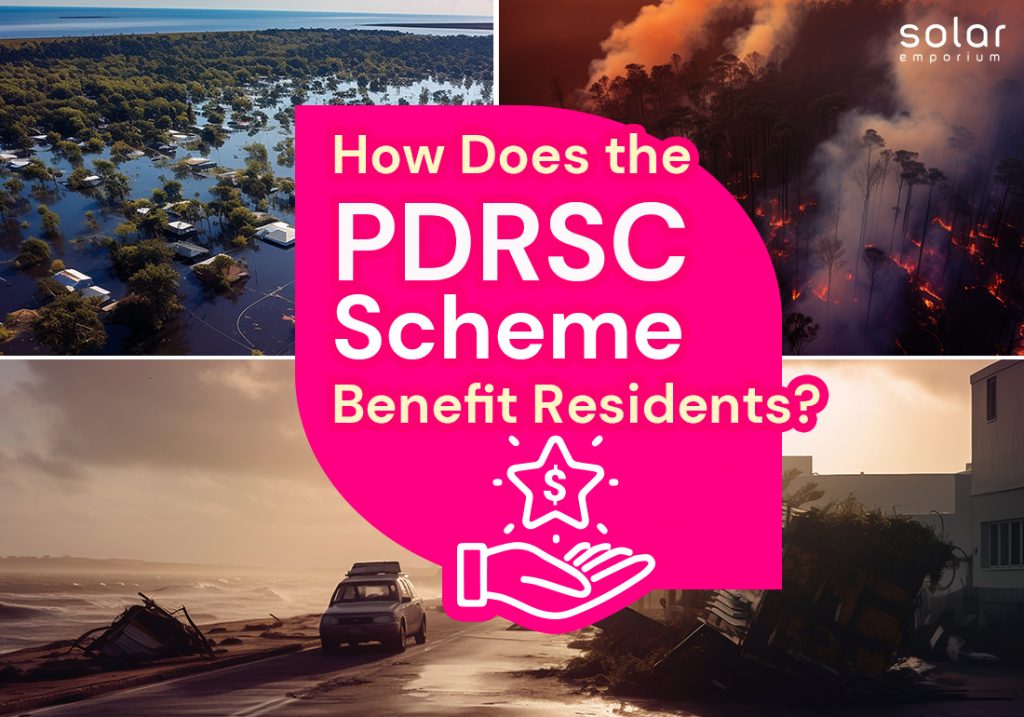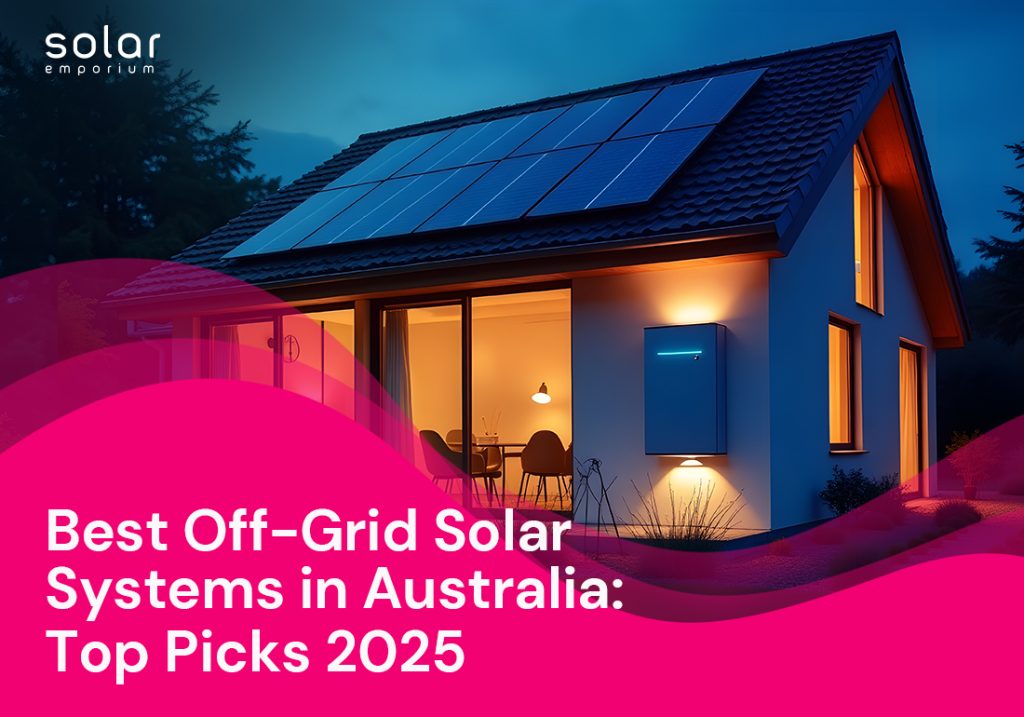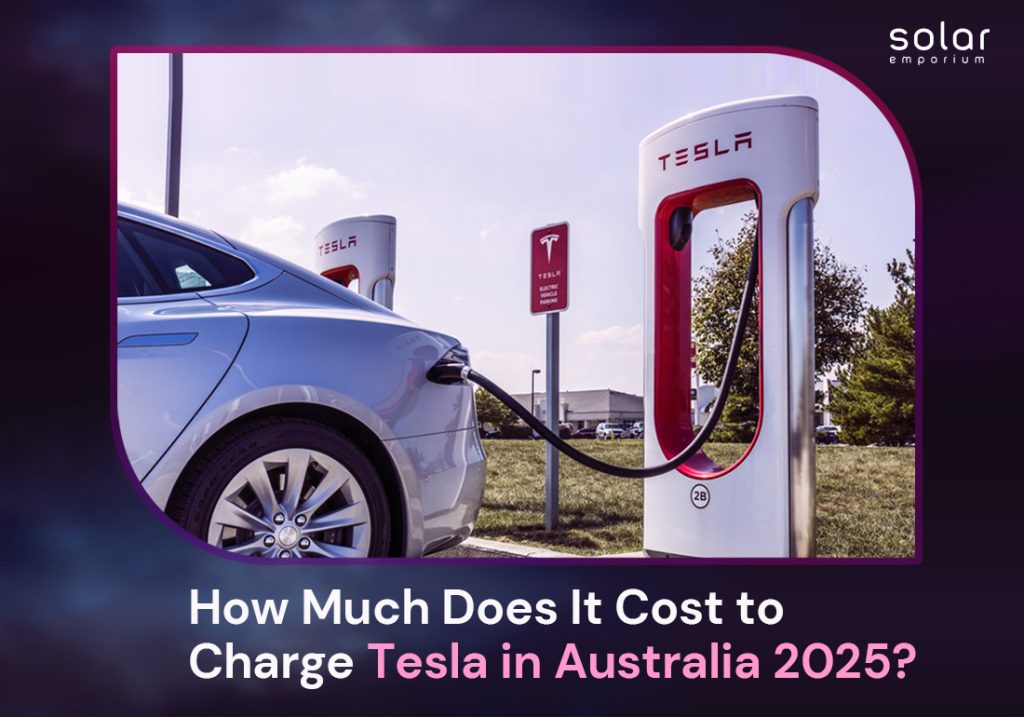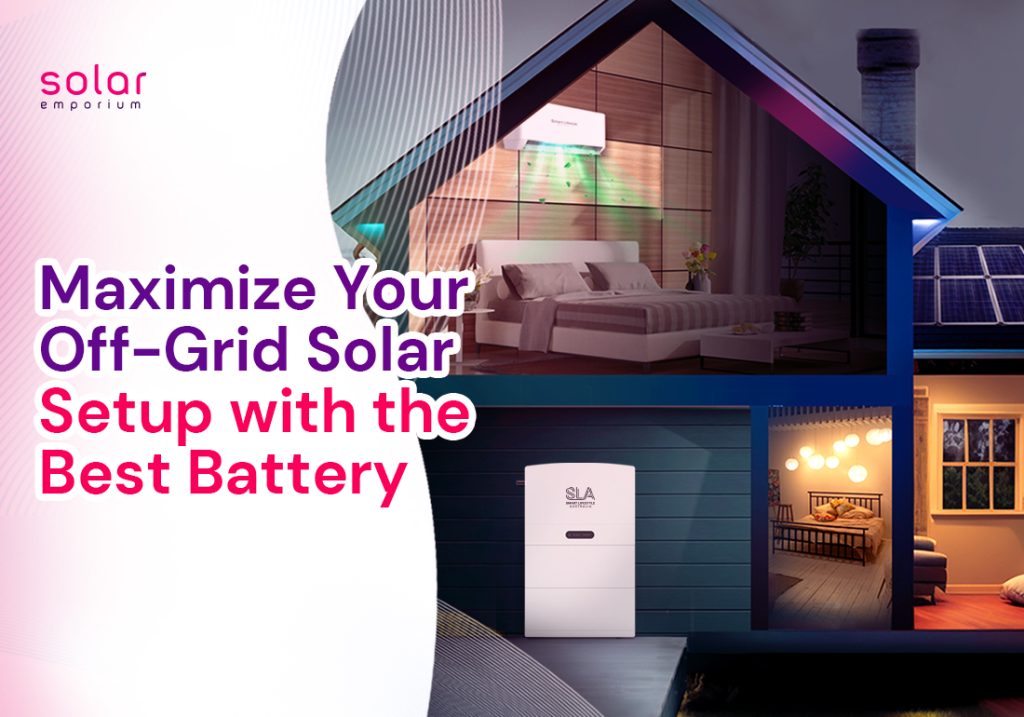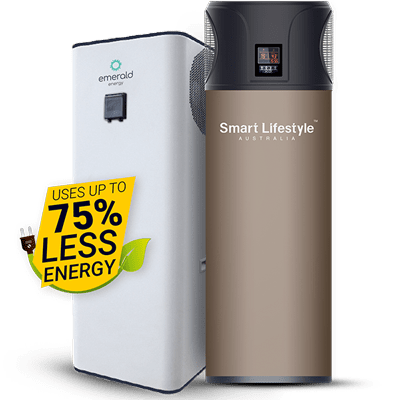One of the core incentives that drive the shift to renewable energy is the financial aspect of it and how one can significantly reduce their energy bill with solar. So, that’s two terrific goals met with one move, which is going solar!
We want to help you transition. Before you make the decision to go green with solar, there are so many things to think through. But for starters, the first thought is most probably how much is it going to cost and will that be worth it? We understand your concerns, and for that reason, here is a brief discussion on costs and considerations for solar.
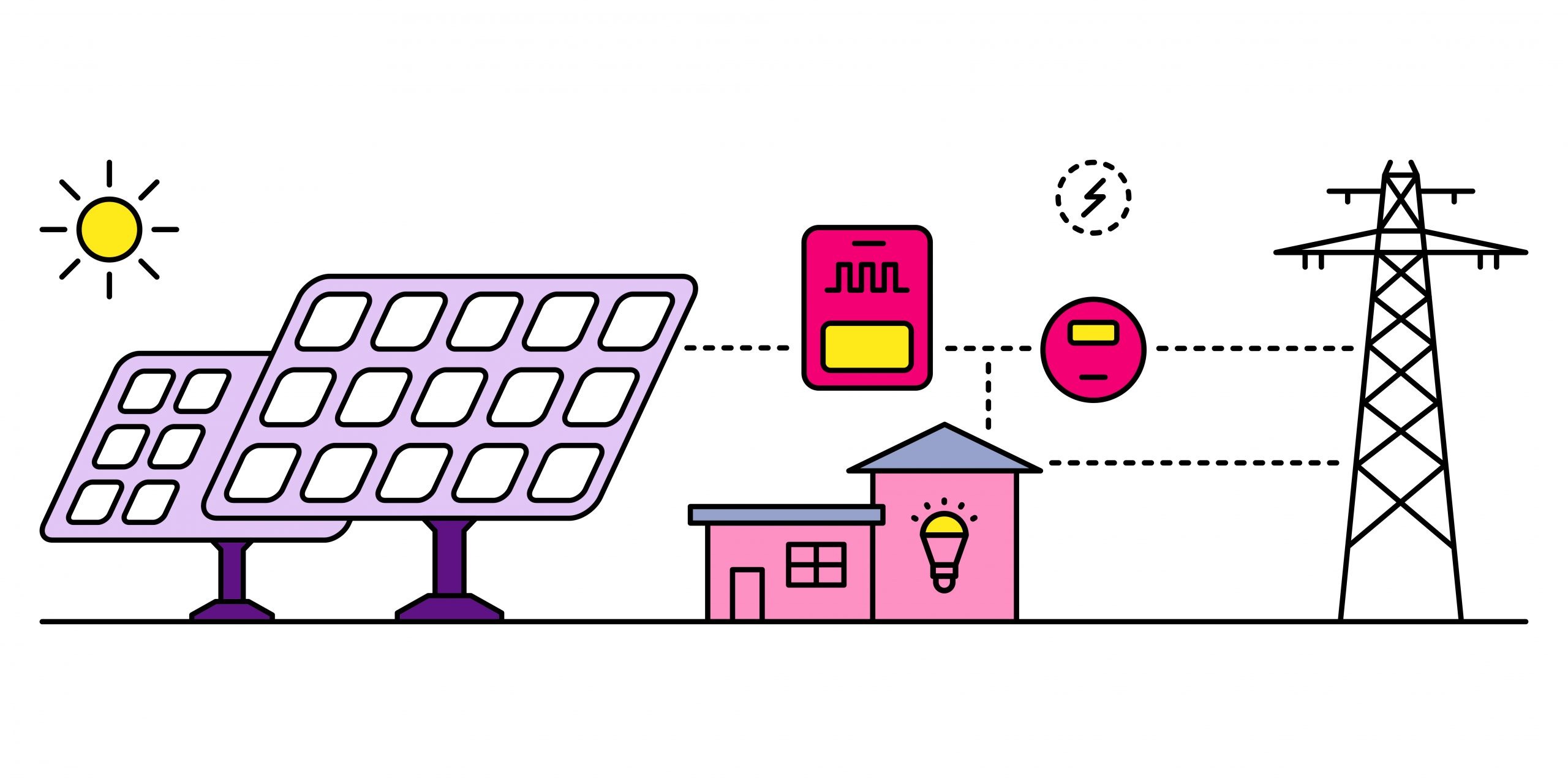
Solar Consultation – Get the Perfect Quote
There are a lot of solar installers who are eager to serve you. Not each and every one of the quotes offered by them will be the best fit for you; thus, sift through your options. Get to the CEC (Clean Energy Council) website and search through the list of approved installers. Find the ones nearest to you and compare some of the quotes. Ask the following questions to figure out the best one-
- What is the cost breakdown of the quote given to me?
- What is your industry experience and track record?
- What warranties am I getting, including the products and your warranty as installers?
- Any post-installation services if needed?
- Who do I talk to if I face any issues after installation?
- If replacements or repairing are needed, who is going the bear that cost?
- How long will the installation take?
- Am I getting the benefits of federal and state rebates?
These are just the basics, and there will be more questions throughout the entire process as you go by. However, there is no alternative to good research. As this is an investment, we suggest you do tons of research beforehand and then dive in to go with a solar installer. Only then can you ask the right questions.
You can follow our regular blogs to get a good grasp of the entire process piece by piece here.
Know Your Solar System – How Does Solar Energy Work
Knowing the basics of how the solar system works will always work in your favor during the installation process and decision-making as a whole. The solar system is a package that consists of solar panels, solar inverters, and sometimes solar batteries as well.
Silicon, one of the most prevalent elements on earth, is used to make PV systems. Different silicon kinds and alignments are used to create various types of solar panels – Monocrystalline and polycrystalline solar panels. The monocrystalline solar panel, which is produced using silicon ingots rather than silicon pieces assembled into a panel like the polycrystalline ones, is the most widely used and better form of solar panel.
A solar inverter is then attached to the solar panels, converting the DC (Direct Current) power produced by the panels into AC (Alternating Current), a type of energy that can be used in your home.

Your daily activities require the generated electricity, while the excess power is returned to the utility grid. In exchange for your contribution to the grid’s energy, you receive power credits that you may utilize at any time of day. A grid-tied system can always acquire electricity from the grid, just like it always did, if you don’t have enough credits or generated electricity to power your home.
The difference is that today, as opposed to in the past, you pay far less for the electricity you borrow from the grid. It’s a whole other ball game for those who have solar batteries. In that case, you can ditch the grid entirely and live on your solar system completely. Of course, in that case, you will need to have an equally excellent solar system that is not going to be cheap. But hey, you are never going to have to pay a single dime for your power bill while living a carbon-free life.
What is the Basic Cost of Solar?
The initial cost of solar depends on so many external variables if you are looking for a figure in total. But, if you are looking for prices of the panels only, $3000 is a good starting price for a quality solar panel; however, as we said before, it depends on a lot more.
For example, a bigger house requires more power, thus more solar panels to provide for the needs. A bigger family with more members to cater to will also have a greater demand for power. What about the future? Are you going to expand your family? Do you have any changes planned for the future? Let’s say in 5 years; your life can change for the better and drastically. Would the system that you are choosing right now be able to keep up with you then? Solar panels generally have a lifespan of 25 to 30 years. That is a long time, and to get the most out of your system, you have to take these little things into consideration.
As industry experts, we know the challenges of installing solar and how to work through those as we have been doing this for a good ten years. If you would like to know how you can enjoy the benefits of solar minus the hurdles, claim a free consultation session with us today.
